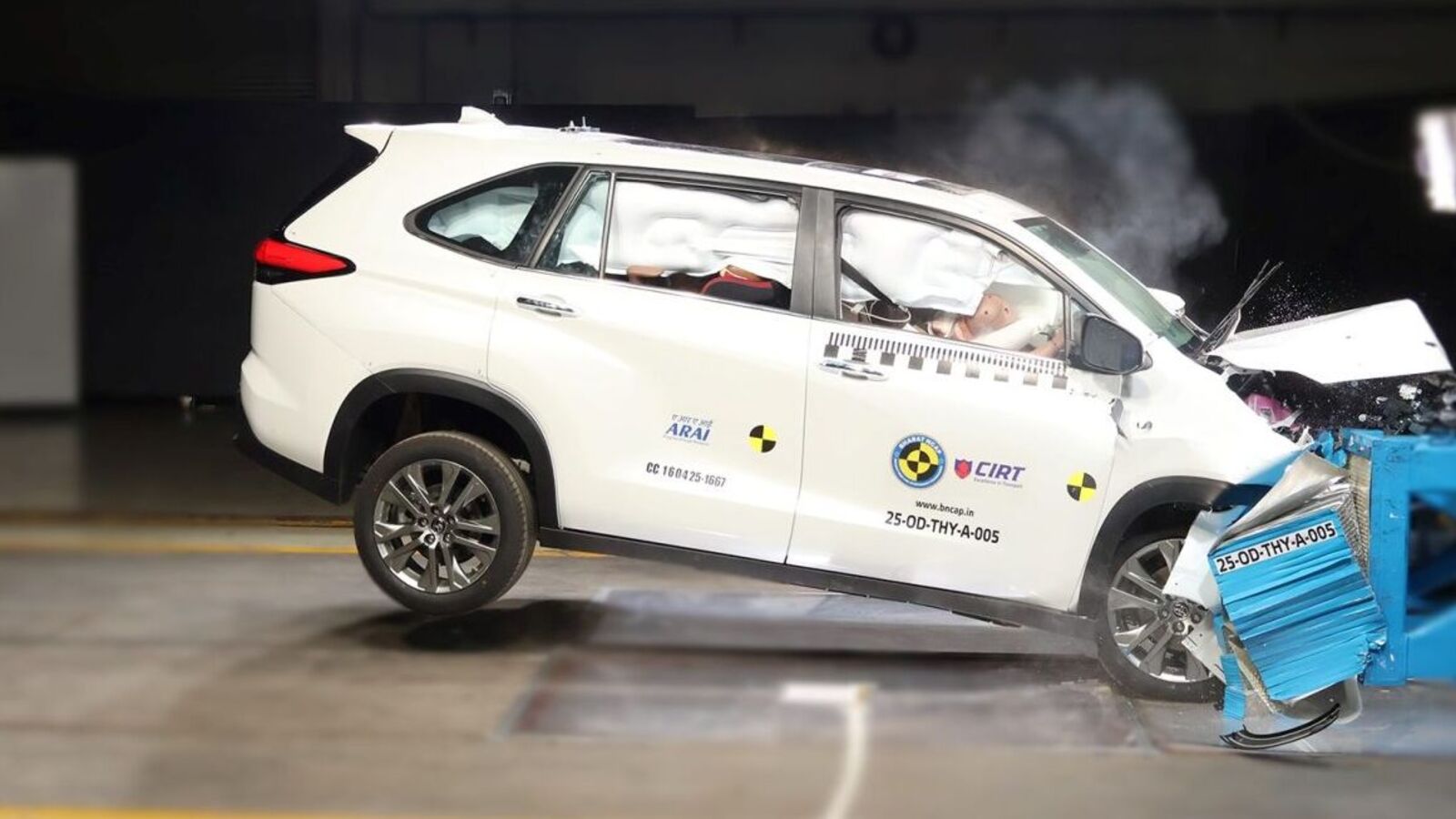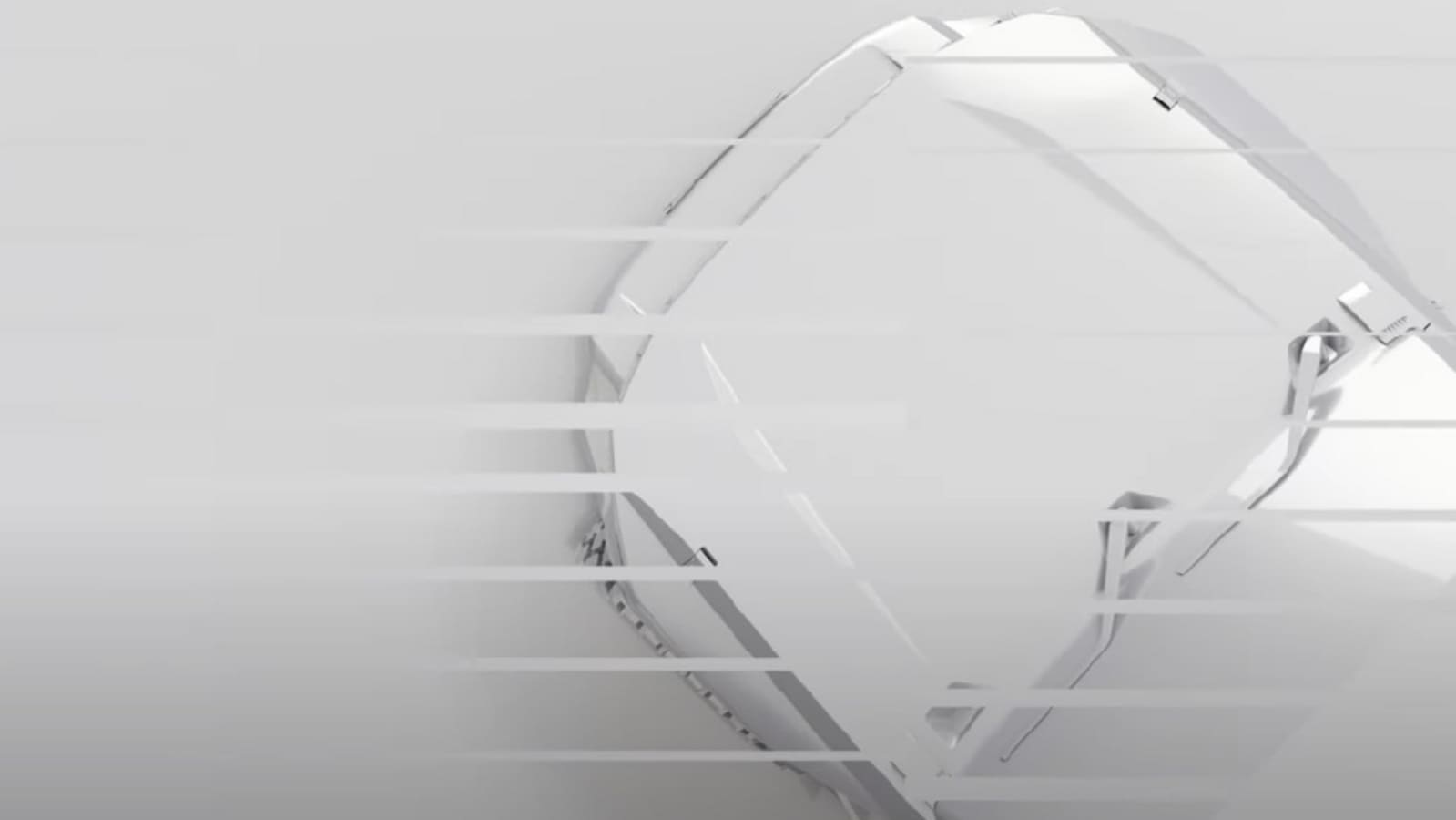Tesla is suing Matthews International, a former machinery supplier, for “stealing trade secrets” related to its battery production.
Matthews claims that it’s Tesla who is trying to steal its technology.
Over the years, Tesla has sued quite a few companies and former employees for allegedly stealing trade secrets, including regarding battery production, Dojo, and more.
Now, Tesla is adding a new one to the list.
The company filed a lawsuit in California court today against Matthews International, which it describes as a supplier of “Tesla’s proprietary dry-electrode battery manufacturing technology”, for streaming its trade secrets.
Tesla says that it selected Matthews in 2019 to be “one of its suppliers for equipment that Tesla used to refine its dry-electrode battery manufacturing and to put it into mass-production.” The automaker says that the supplier agreed to a confidentiality agreement and not to share its technology with other clients.
The automaker claims Matthews stole its trade secrets in two ways: filing for patents that include Tesla technology and selling its technology to other clients.
Tesla wrote in the lawsuit about Matthews infringing with its patents:
Without Tesla’s knowledge, Matthews applied Tesla’s confidential trade secrets to a variety of impermissible purposes, and in so doing visited extraordinary harm on Tesla. First, Matthews improperly incorporated Tesla’s confidential trade secrets into patent filings. By so doing, Matthews unambiguously attempted to claim for itself both ownership and inventorship of Tesla’s confidential trade secrets. Still further, by filing these applications Matthews set into motion events that could lead (and in some cases have already led) to publication of certain Tesla confidential information regarding the dry-electrode manufacturing process. Matthews never sought Tesla’s permission to file these applications, nor even disclosed their existence until Tesla discovered the applications on its own by finding Tesla-proprietary secrets in published patent applications submitted by Matthews. Since discovering Matthews’ improper conduct, Tesla has been working to block and/or delay publication of affected applications, and only a subset of Tesla’s confidential information regarding dry-electrode manufacturing has published thus far. Regardless, the result of Matthews’ improper conduct has been both to deny Tesla patent rights to its own technology and, just as troubling, to share with the public, including Tesla’s competitors, high-value technology that would not otherwise have been accessible, leading to direct and serious harm to Tesla and its business.
In the lawsuit, Tesla added about Matthews selling its tech to other unnamed companies:
Second, Matthews disclosed Tesla’s confidential trade secrets to other companies, including Tesla competitors. This included Matthews attempting to sell and, in some cases, actually selling equipment for dry-electrode battery manufacturing to Tesla competitors, where said equipment embodied Tesla’s confidential trade secrets. Such acts were improper because Tesla never authorized, and in fact expressly proscribed, the sale or use of its confidential technology to or for anyone other than itself. Similarly, Tesla never authorized, and in fact expressly proscribed, any inspection or demonstration of any equipment or machines embodying Tesla trade secrets by or to any Tesla competitor. As a result, certain of Tesla’s high-value confidential technology for dry electrode manufacturing has been conveyed, or is imminently about to be conveyed by Matthews, without authorization to Tesla’s direct competitors, resulting in direct and serious harm to Tesla and its business.
Tesla is seeking damages and currently estimates the damages “conservatively” at $1 billion.
Matthews is denying Tesla’s claims:
The claims stated in this threadbare complaint are utterly without merit and we intend to vigorously defend the matter. Notably, the complaint vaguely references trade secrets, but fails to identify even one trade secret that Tesla purportedly disclosed to Matthews. We are continuing to evaluate this complaint and may pursue legal remedies.
In fact, the company claims that Tesla is the one trying to steal its dry electrode technology:
Contrary to the allegations in the complaint, Tesla’s lawsuit is simply a new tactic in their ongoing efforts to bully Matthews and improperly take Matthews’ valuable intellectual property. Furthermore, Tesla’s complaint attempts to restrict us from offering our innovative solutions to others, preventing the market from significantly benefiting from the savings associated with our dry battery electrode (“DBE”) solutions, and thus interfering with Matthews’ ability to realize the value of our intellectual property.
Tesla bought Maxwell Technologies in 2019 with the main goal of acquiring its dry electrode technology and integrating it into its new 4680 battery cell technology.
FTC: We use income earning auto affiliate links. More.




